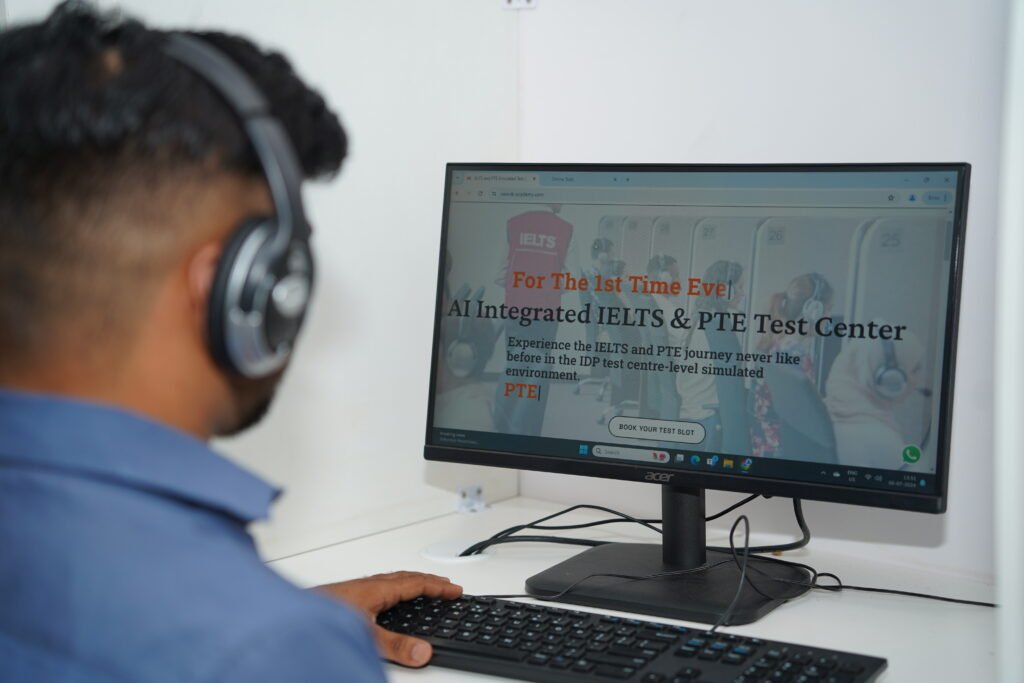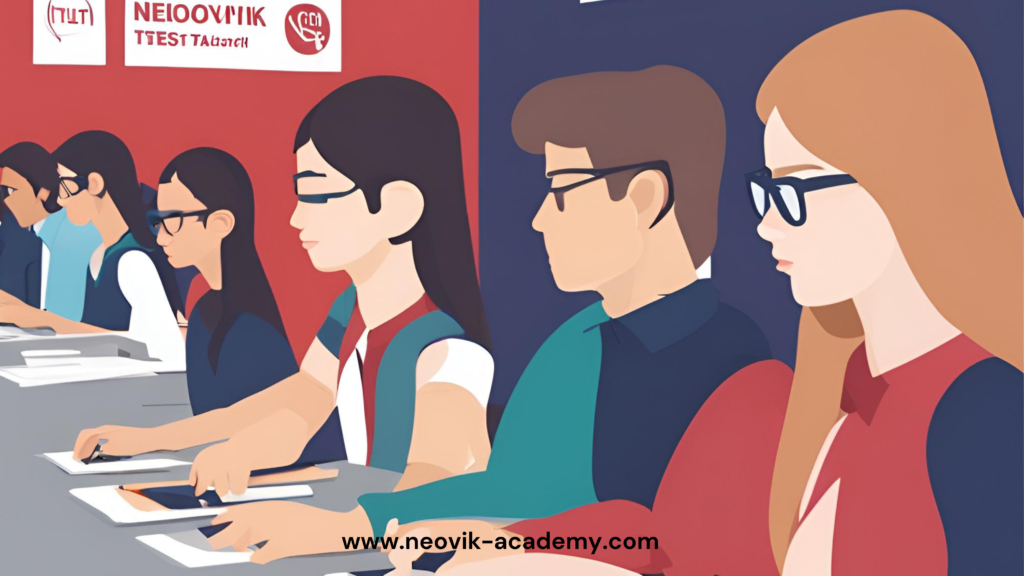Language Proficiency and the Importance of Good Communication
Language Proficiency and the Importance of Good Communication In our increasingly interconnected world, language proficiency and effective communication are more critical than ever. These skills not only facilitate personal and professional interactions but also bridge cultural gaps and foster mutual understanding among diverse groups. This article explores the significance of language proficiency and effective communication, highlighting their impact on various aspects of life. Language proficiency refers to the ability to speak, understand, read, and write in a particular language effectively. It encompasses a range of skills, including grammar, vocabulary, pronunciation, and comprehension. High levels of language proficiency enable individuals to communicate complex ideas clearly and effectively, making it a cornerstone of successful interaction in both personal and professional contexts. In the professional realm, language proficiency is a crucial determinant of success. Clear and effective communication is essential for teamwork, problem-solving, and leadership. Professionals who articulate their ideas well are more likely to succeed in their careers, as they can present their thoughts convincingly and engage more effectively with colleagues, clients, and stakeholders. Language proficiency is also fundamental in the education sector. Students who master the language of instruction are better equipped to understand and adapt course material, leading to improved academic performance. Additionally, proficiency in a second language can enhance cognitive abilities such as problem-solving, multitasking, and critical thinking. These skills are not only beneficial academically, but they also prepare students for future professional challenges. For immigrants and refugees, language proficiency is a crucial factor in their successful integration into new communities. It enables them to navigate daily life, access services, and participate fully in their new society. Programs that offer language education to immigrants not only aid their personal development but also contribute to social cohesion and economic stability. Since English is a widely spoken language in many parts of the world, most developed countries expect people who wish to study or work in an English-speaking country to take language proficiency tests like IELTS or PTE. In order to secure a high score, it is crucial to prepare thoroughly. Many agree that rigorous training and practice, along with specific feedback, are the right way to go when planning to take a language proficiency test. If you are looking to take up a language proficiency test, feel free to visit NeoVIK Academy, located in Horamavu, Bangalore. We provide you with a Free Diagnostic Test that will help you understand your language proficiency level. Our AI-Integrated Simulated Test Centre offers a one-of-a-kind experience for many who want to take the test in an exam-like condition. Contact us today!
Language Proficiency and the Importance of Good Communication Read More »








